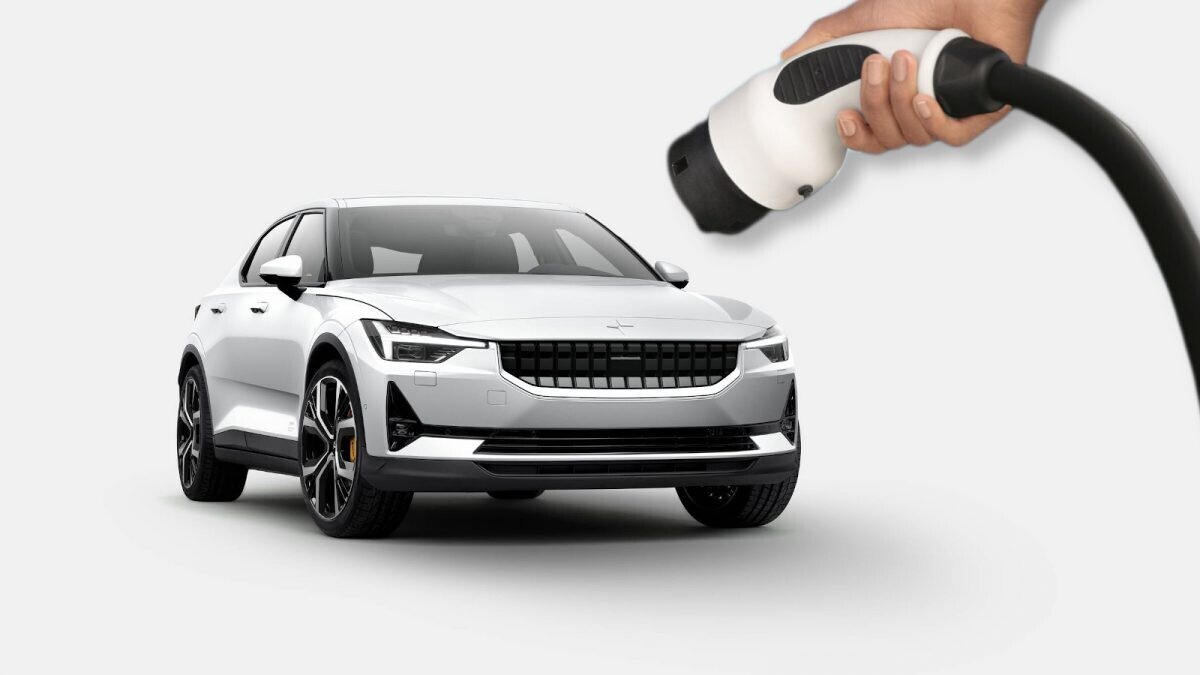
How often do you think the average car owner drives long distances? For that matter, how often do you drive long distances? Most likely, the answer is a few times a year maybe when you’re going on holiday or to visit family.
People on average use their cars daily to get to work, for social calls, and to run errands. It’s rare that any of these tasks will take you farther than 60 kilometers from your home. With new electric vehicle models like the Polestar 2 that have a range of 400 to 500 kilometers per charge, why is running out of fuel still a concern for prospective EV buyers?
We need to dispense with the idea of range anxiety. It’s just one of those EV myths that doesn’t serve anyone because it has already been debunked. People never had such anxieties about ICE vehicles, due to the ease of refueling at petrol stations. But for the average car driver who uses their car for commutes and shopping, what is more convenient than plugging in your EV every time it’s parked, which is the majority of the time, or at home while you sleep?
What is range anxiety?
Range anxiety is the amped up worry or fear of something in the future that has not yet, and likely will not, come to pass. That specific something in this case is being stranded somewhere with a dead battery and a useless car.
For the range-anxious, thoughts usually go something like this: “I’m going somewhere new. What if there are no public charging stations that I can use?” or “What if I find a charging station but it’s poorly maintained and I don’t have enough range to get to another one?”
This is nothing but fear of the unfamiliar. These aren’t thought processes that usually occur to people driving internal combustion engine vehicles, and it shouldn’t be going through the mind of prospective EV owners, either.
How far can EVs go?
Again, most EVs on the market today can go up to 400 to 500 kilometers on just one charge. Based on the way the average European driver uses their car, most people will charge their vehicles only once a week! The process of charging your EV will likely take much less effort than refueling a conventional car because you don’t wait until it’s empty to fill up the electric tank. You just top up whenever the car is parked, which again, is all the time! Depending on the type of charger you’re using, charging can take as little as 40 minutes, or as much as eight hours. You can calculate how long your charge is likely to take with online tools like Polestar’s range calculator.
Finding public or private charging stations is easier than you think
Charging stations are cropping up all over. You can find them in supermarket parking lots, near the public library, attached to corporate office buildings, and more. There are a myriad of apps that you can use (link to app article), like ChargePoint, PlugShare, EVmatch, and more to find charging stations near you and along your route if you’re planning on driving longer distances. EVmatch is particularly helpful because you can reserve private charge points as well with a similar concept model to Airbnb.
And if all else fails, which it likely won’t, you can always rely on good old-fashioned Google Maps. Some cars, like the Polestar 2, even have Google integrated into the car, so it’s as seamless as just voice commanding your car to take you to the nearest charging station.
Still anxious? Check your tire pressure
One last thing to put your mind at ease and give you a sense of control is to make sure you’re checking your tires when the seasons change and pressures tend to vary with the change in air temperature. All preventative maintenance is important, but tires specifically are important because maintaining the correct tire pressure helps to get the best mileage out of each charge.
Keep calm and drive on
Those who suffer from anxiety are experiencing the sensation of the brain and body thinking you’re in danger when you’re not. The stress kicks up a flight or fight response in your brain, which then leads to faster heart rate, constricted breathing, and racing thoughts. One simple technique has helped many who have experienced anxiety: Remember that you are safe, and make yourself calm.
Now imagine this for range anxiety. Remember that your EV lasts much further on one charge than you’ll probably ever need. Inhale slowly. Remind yourself that you’ll be able to top up every time you park, which is on average 90% of the time. Exhale mindfully. Download a few EV charge apps and reassure yourself by looking with safety and glee at the myriad of charge points in your area and along your route.
Get the TNW newsletter
Get the most important tech news in your inbox each week.




